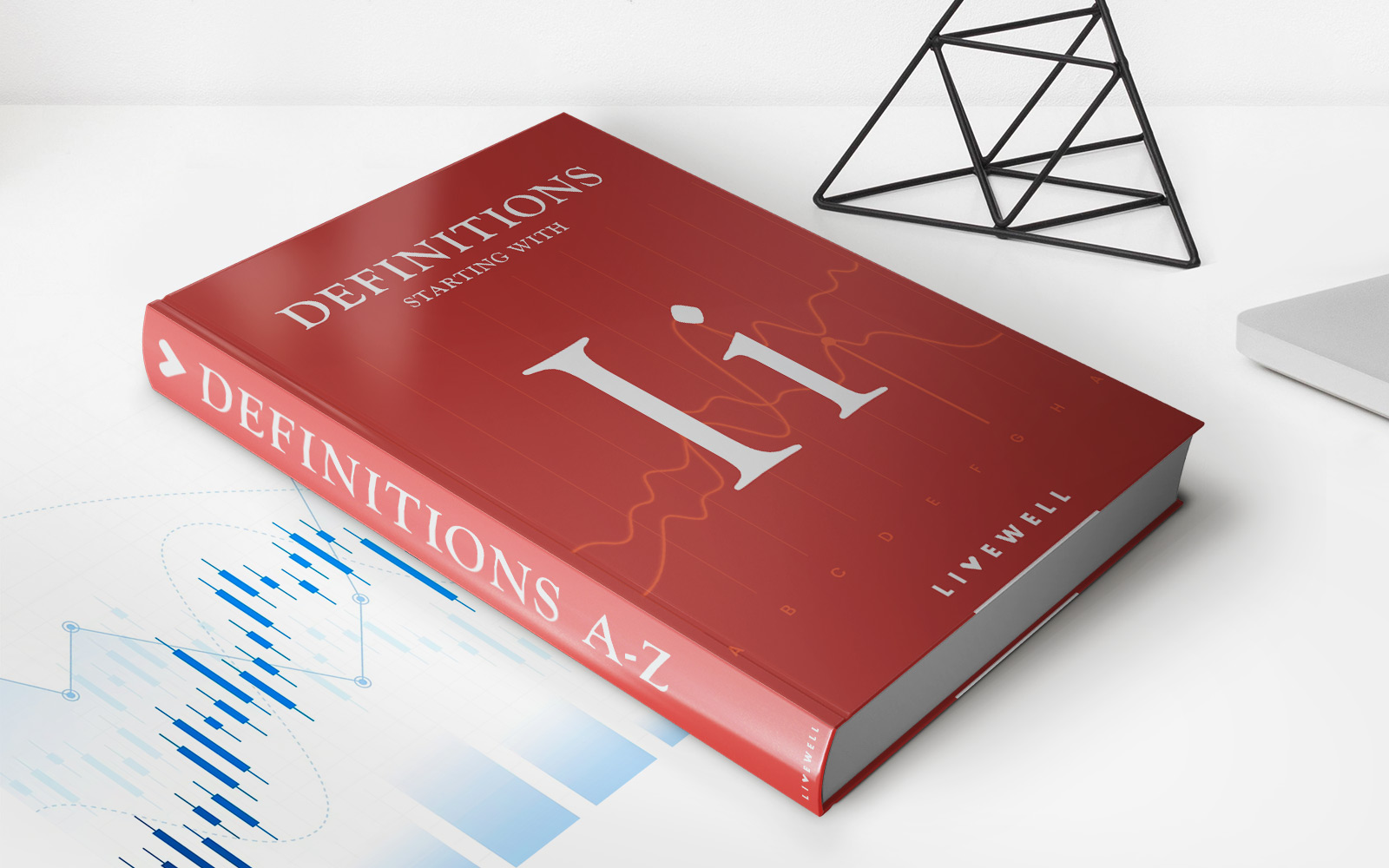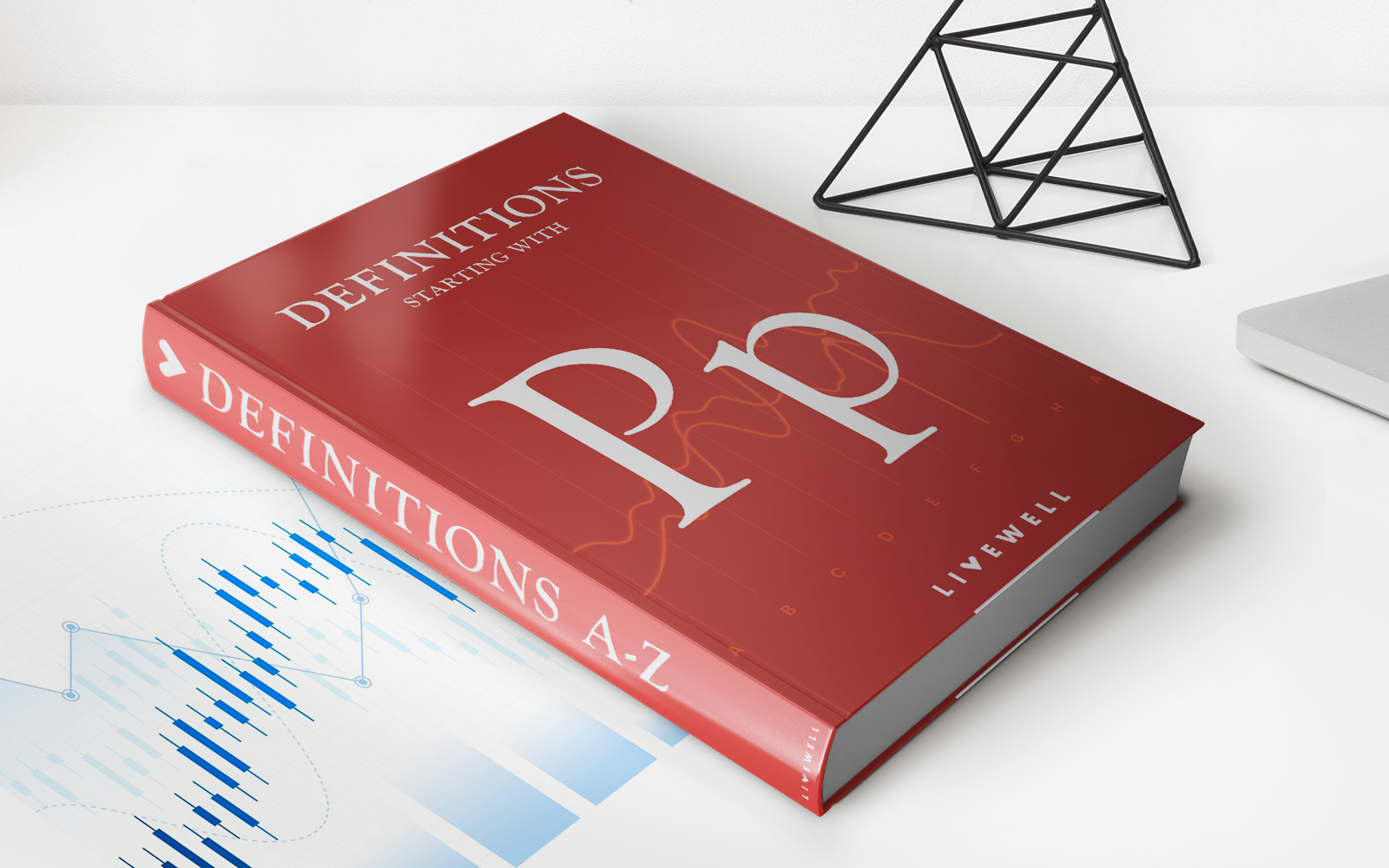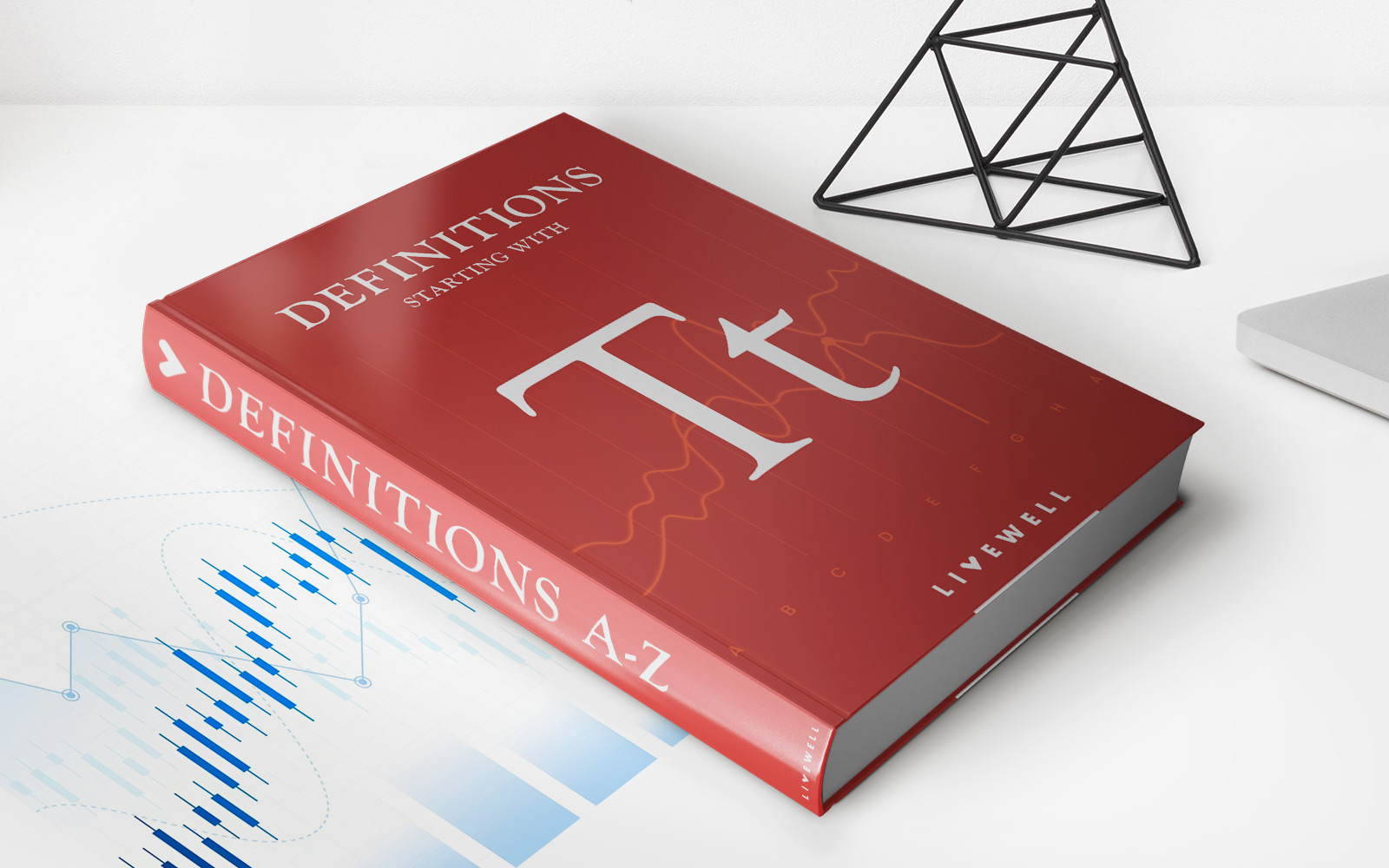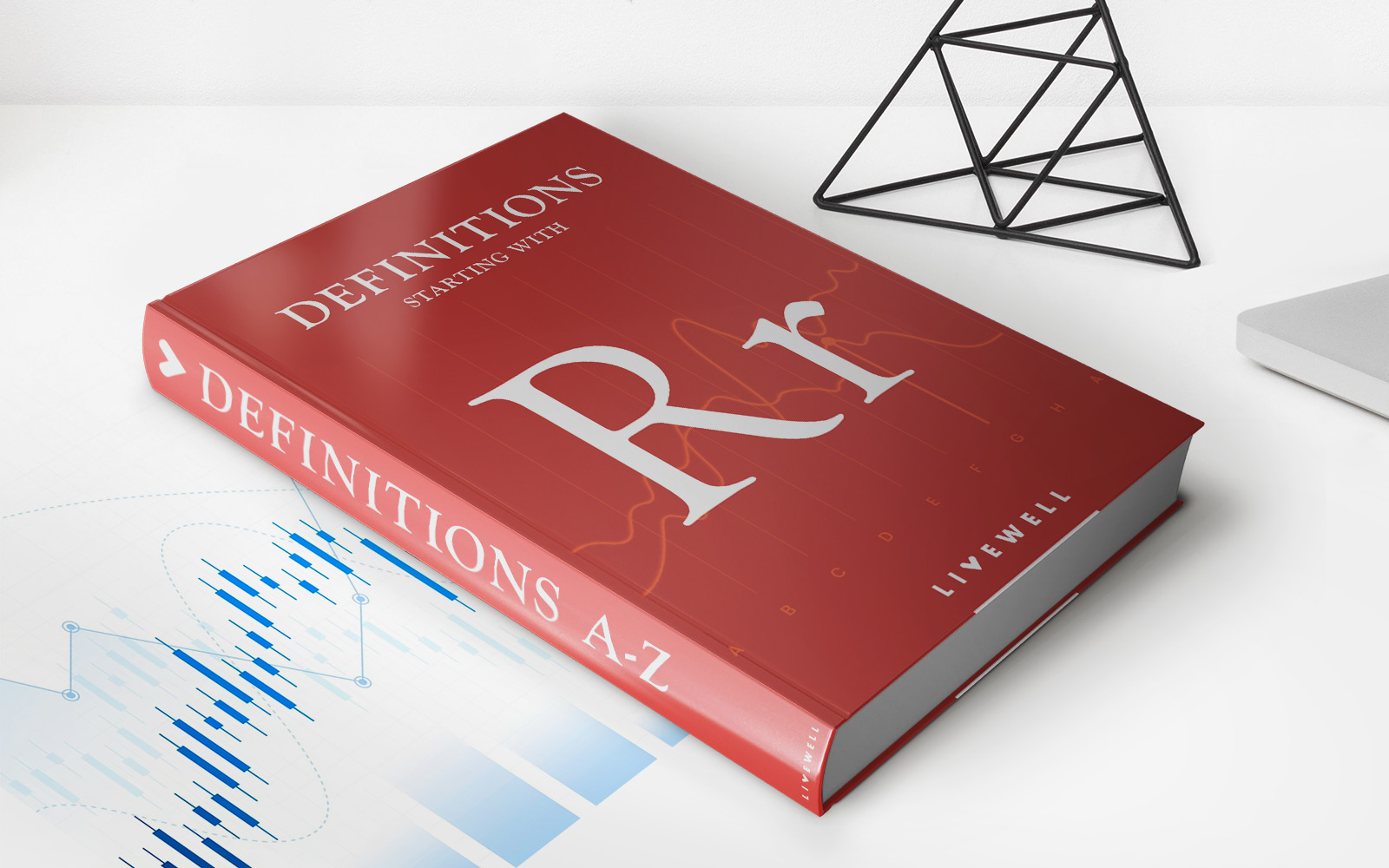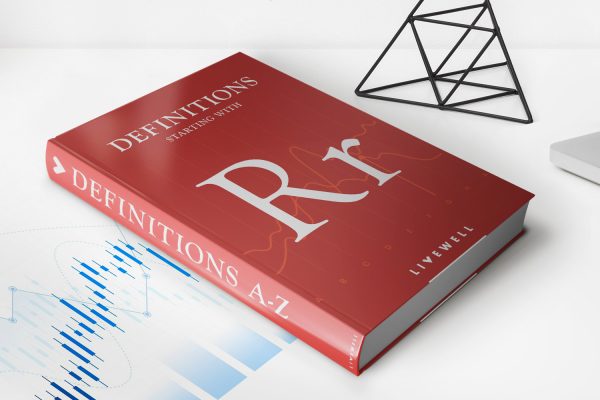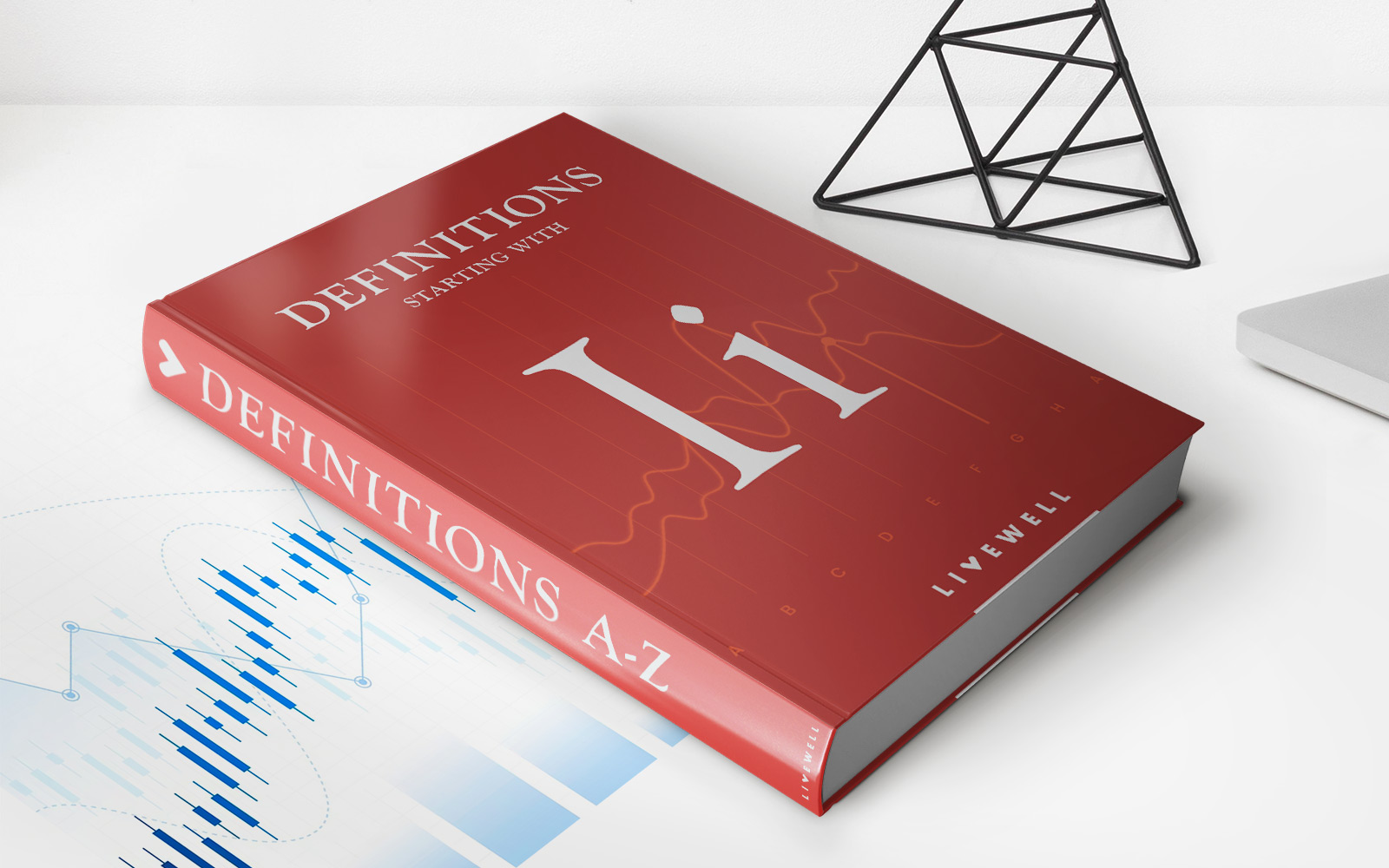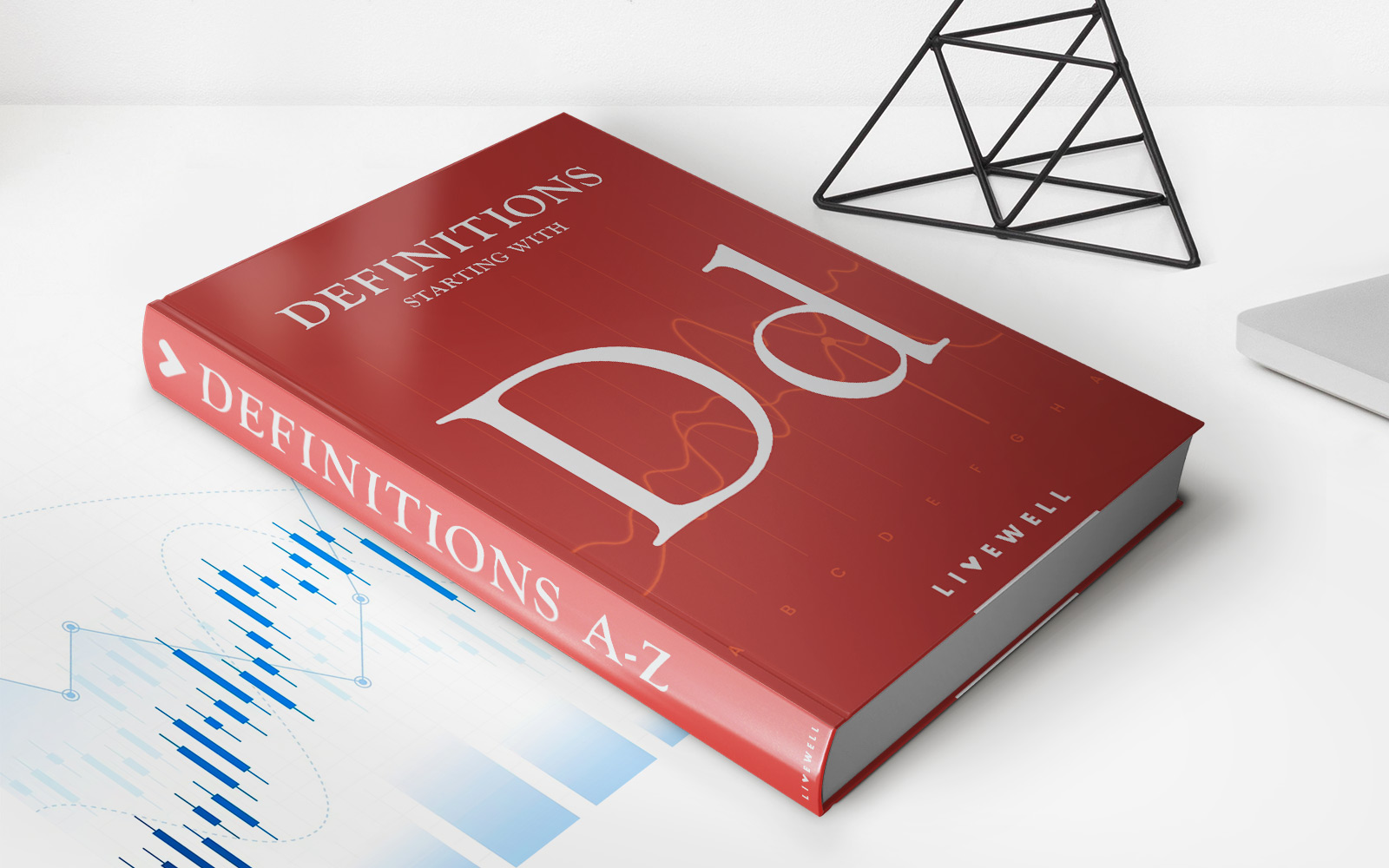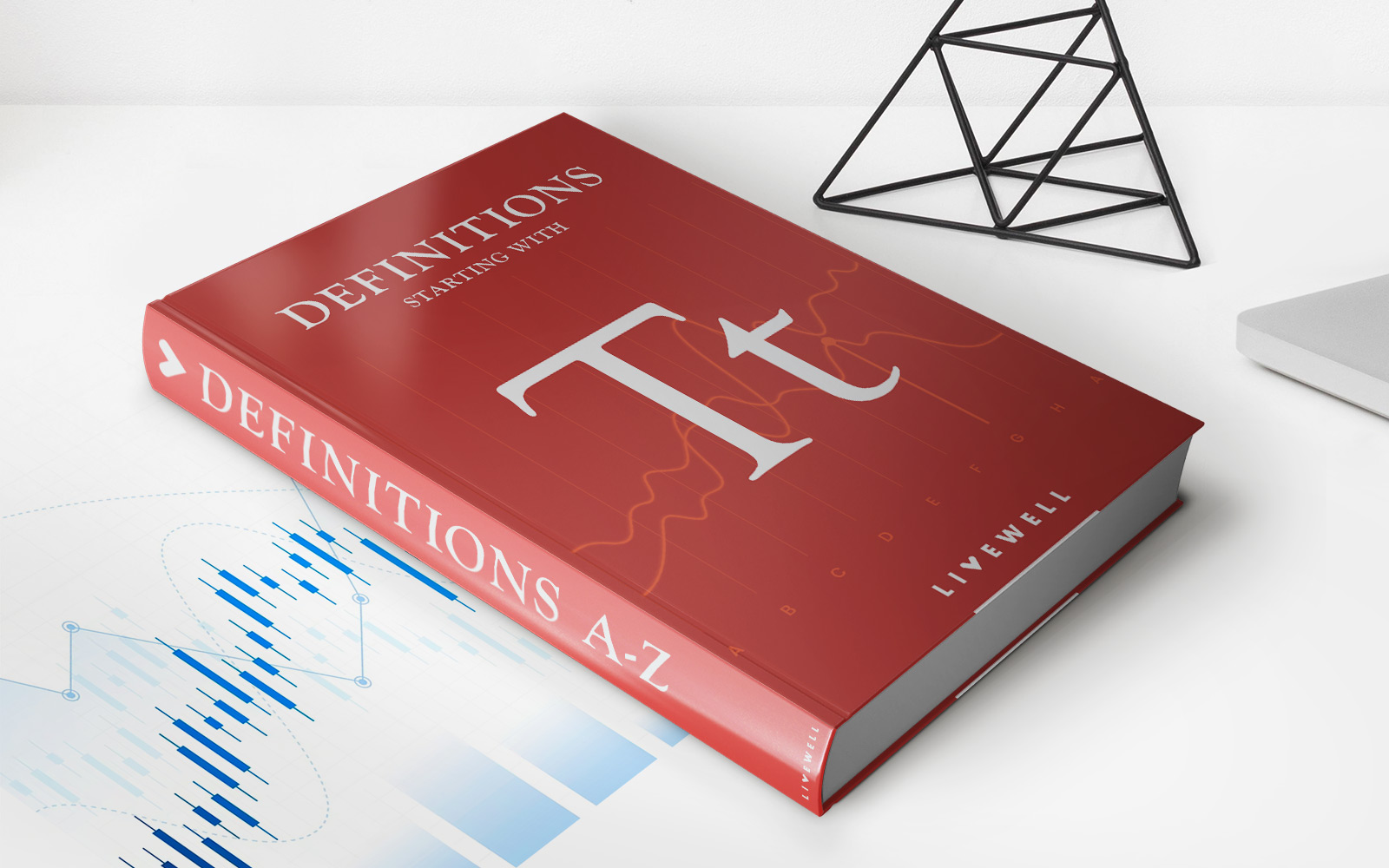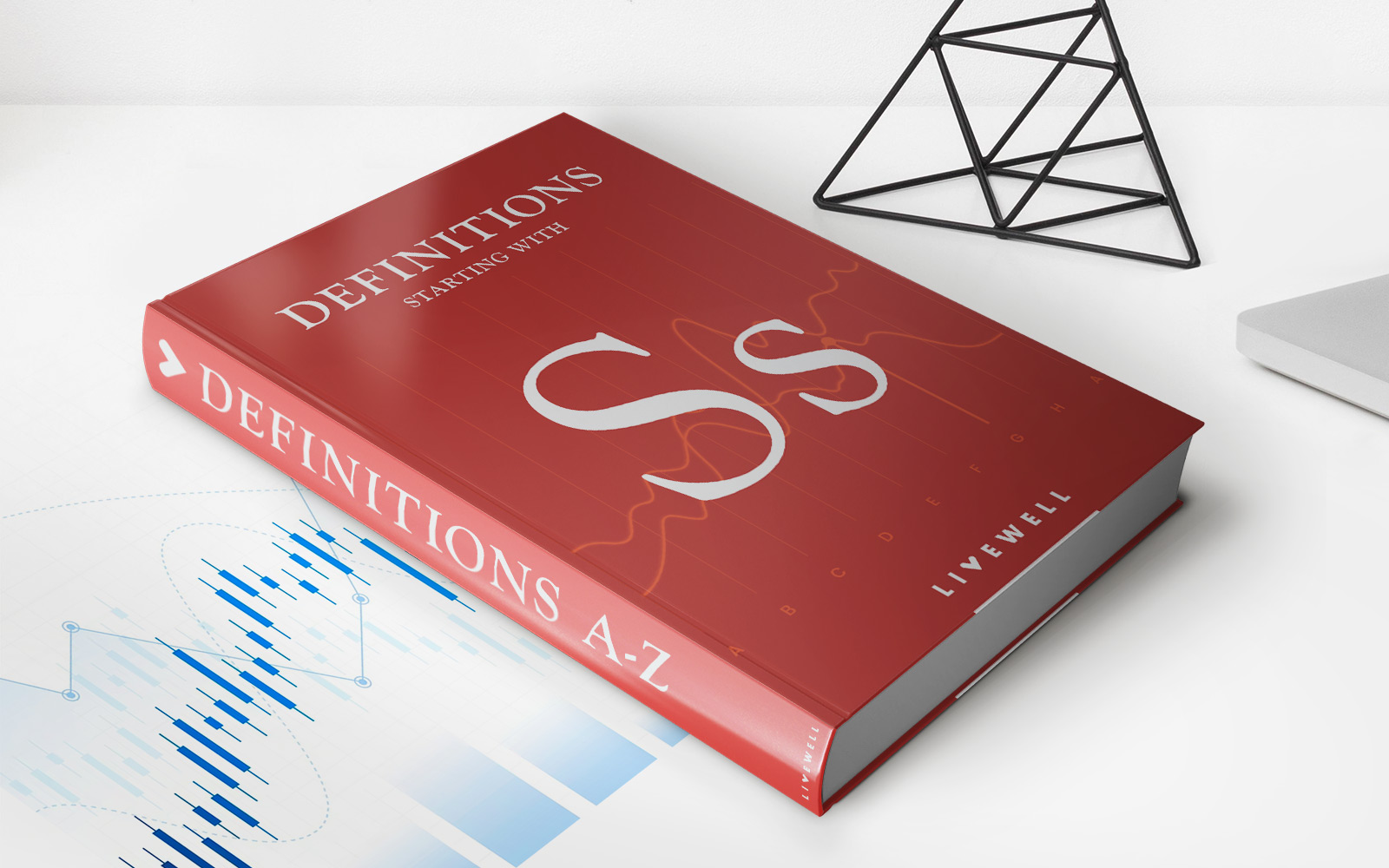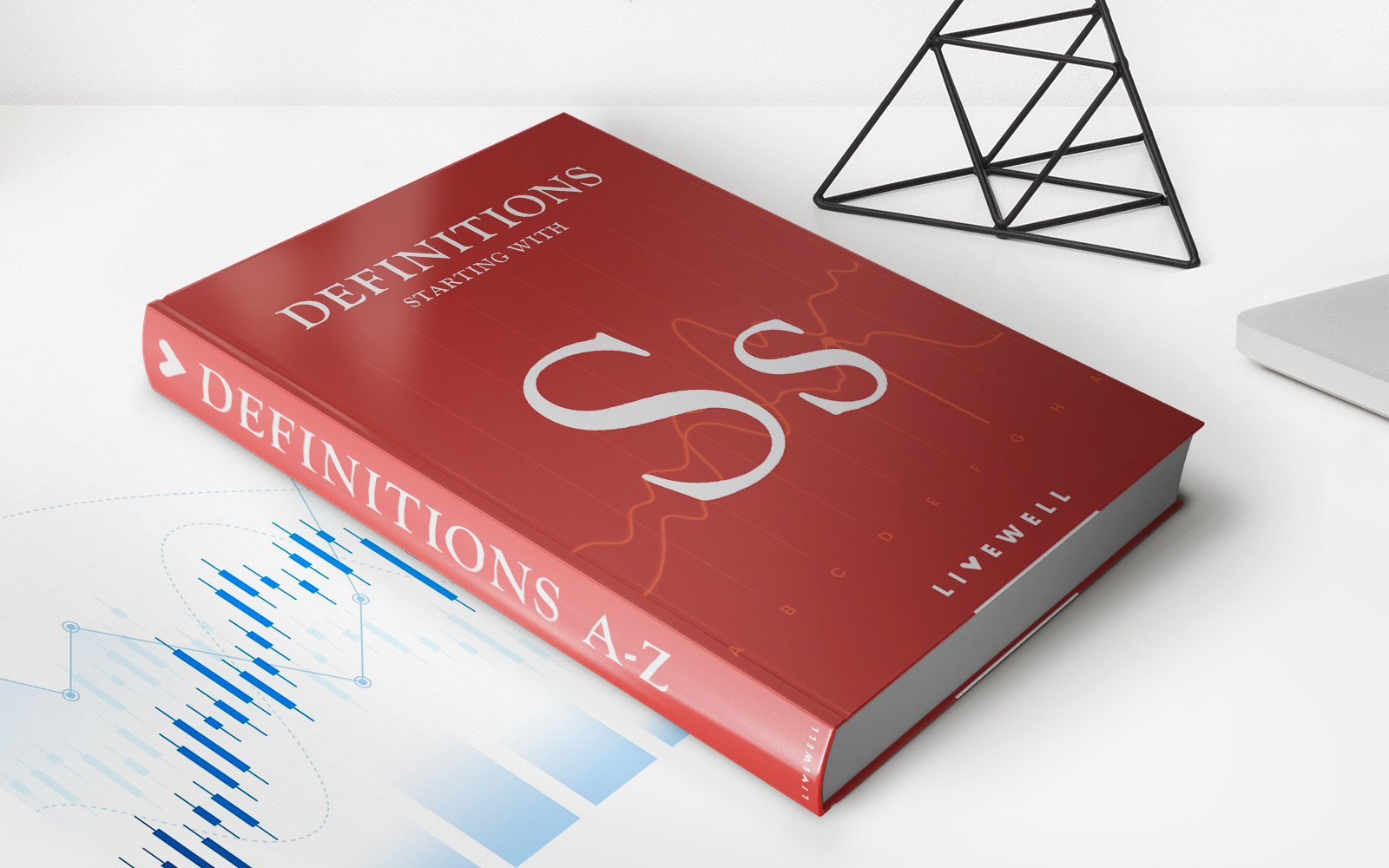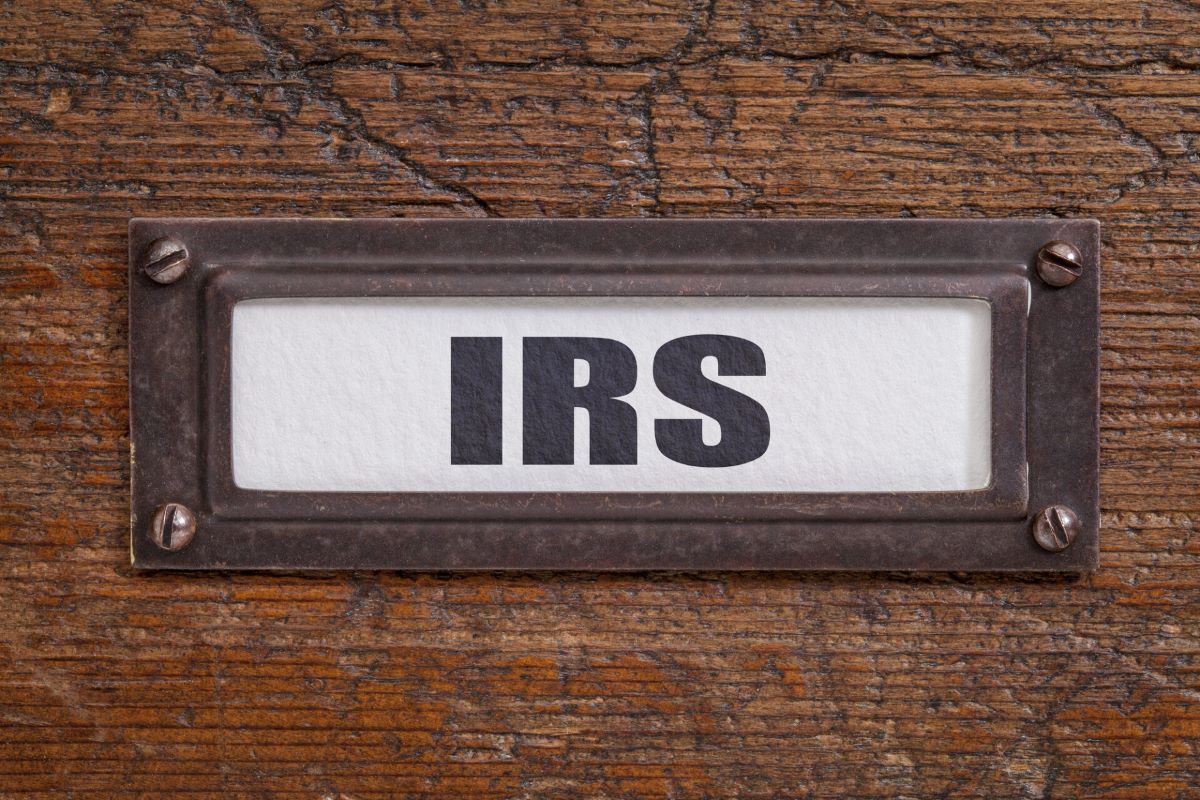Home>Finance>What Is Property? Definition, Types, Valuation, And Taxation
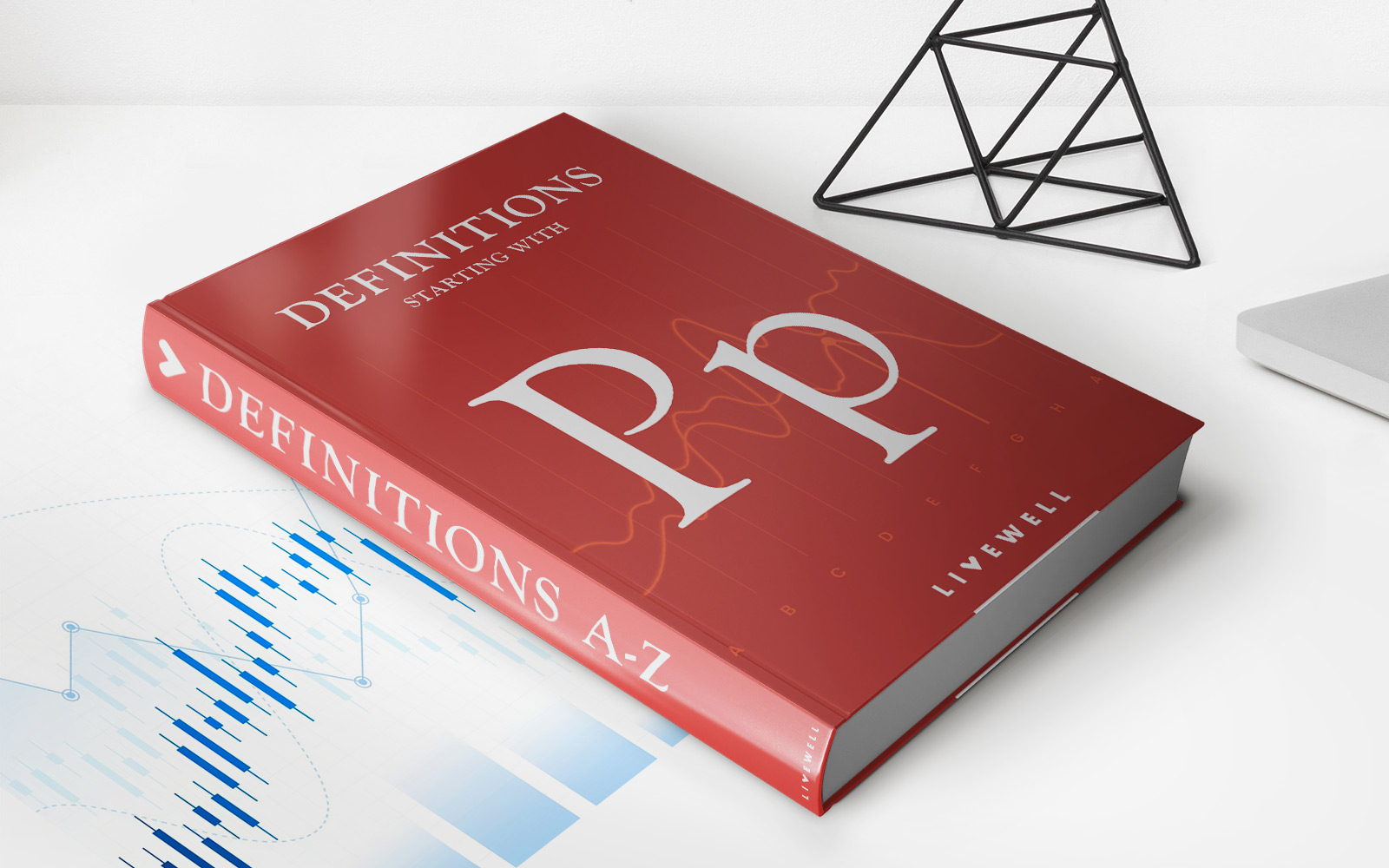

Finance
What Is Property? Definition, Types, Valuation, And Taxation
Published: January 13, 2024
Discover the concept, types, valuation, and taxation of property in finance. Gain insights into understanding property from various perspectives.
(Many of the links in this article redirect to a specific reviewed product. Your purchase of these products through affiliate links helps to generate commission for LiveWell, at no extra cost. Learn more)
Understanding Property: From Definition to Taxation
Property is an essential aspect of our lives, playing a significant role in our personal and financial well-being. Whether you are a homeowner, investor, or business owner, having a solid understanding of property can greatly impact your financial decisions. In this blog post, we will delve into the definition, types, valuation, and taxation of property. So, let’s get started!
Key Takeaways:
- Property encompasses assets that can be owned, controlled, or possess rights over.
- Types of property include real estate, personal property, intellectual property, and financial assets.
Defining Property
So, what exactly is property? In simple terms, property refers to assets that an individual, business, or government can own, control, or possess rights over. It can be tangible or intangible and can encompass a wide range of items. Let’s explore the various types of property:
Types of Property
- Real Estate: Real estate property includes land, buildings, and anything permanently attached to them. This category encompasses residential homes, commercial properties, vacant land, and even natural resources like oil and gas.
- Personal Property: Personal property covers movable assets that an individual can own. This includes items such as vehicles, electronics, clothing, jewelry, and furniture.
- Intellectual Property: Intellectual property consists of creations of the mind, including inventions, trademarks, copyrights, and patents.
- Financial Assets: Financial assets are intangible and represent ownership of an underlying asset. This category includes stocks, bonds, mutual funds, and other investment instruments.
Property Valuation
Valuing property is crucial for various reasons, including buying, selling, or calculating taxes. The value of property can fluctuate based on market conditions and its unique characteristics. Appraisers, real estate agents, and financial institutions use various methods to determine property values, including:
- Market Comparison Approach: Comparing the property to similar properties in the area that have recently sold.
- Cost Approach: Estimating the cost of replacing the property with a similar one.
- Income Approach: Evaluating the potential income generated by the property, especially for commercial properties.
Taxation of Property
Property taxation varies from country to country and even within different jurisdictions. In many cases, local governments assess property taxes based on the value of the property. The tax revenues collected are used to fund public services, such as schools, roads, and infrastructure.
It is important for property owners to understand their tax responsibilities and take advantage of any exemptions or deductions available to them. Consulting with a tax professional or researching local tax laws can help property owners navigate the complexities of property taxation and potentially save money.
Conclusion
In conclusion, property is a valuable asset that contributes to our financial well-being. Understanding the definition, types, valuation, and taxation of property is essential for making informed financial decisions. Remember to stay proactive in managing your property and seek professional advice when needed to ensure you make the most of your investments. Happy property ownership!
